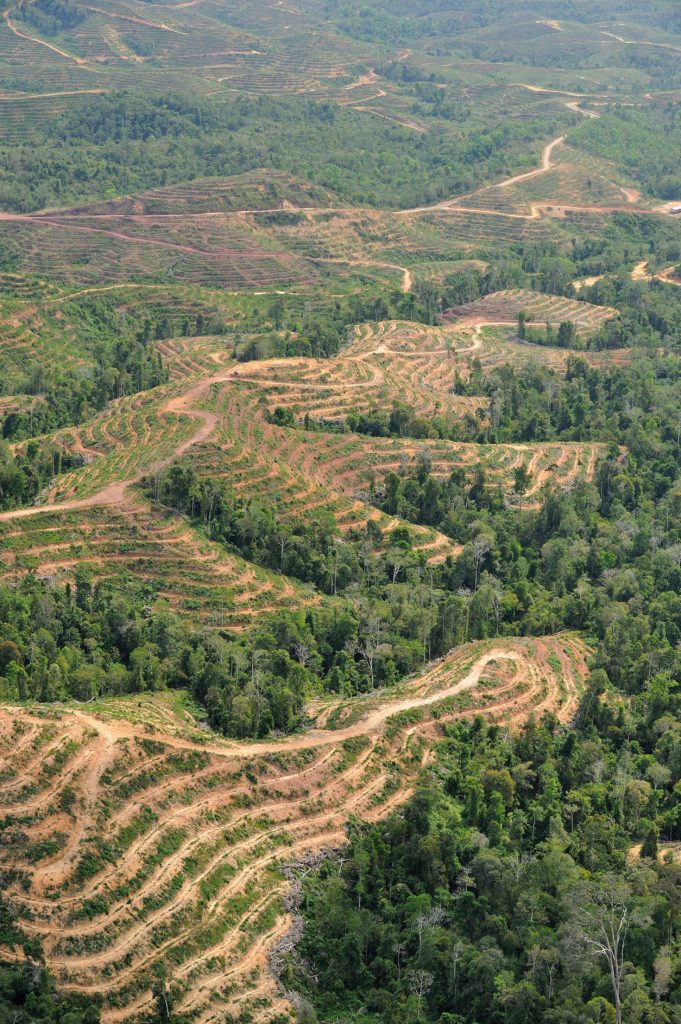
Landscape picture of oil palm plantation in Sabah, Malaysia Photo Credit Chien Lee
In a recent in-depth report by The Guardian, the groundbreaking work conducted at the Sabah Biodiversity Experiment has been highlighted following a publication in Science Advances. This ongoing 20-year project stands as one of the world’s largest experiments of its kind and sheds light on the immense advantages of repopulating logged tropical forests with a diverse array of native tree species. The study’s findings underscore that increased diversity in replanting leads to swifter forest recovery in terms of canopy area and tree biomass when compared to areas undergoing natural regeneration or planted with fewer species. Notably, Professor Andrew Hector from the University of Oxford and Ryan Veryard emphasised that this approach not only expedites the rejuvenation of tree cover but also enriches biodiversity and vital ecosystem services like carbon sequestration. The research team found that the probable reason for the better recovery was that different tree species occupied distinct niches within the forest ecosystem and so diverse mixtures of planted species complemented each other and increased the effective functioning of the whole ecosystem. This study’s insights underscore the paramount importance of preserving biodiversity in untouched forests and provide valuable guidance for combatting climate change and mitigating biodiversity decline through effective forest restoration strategies. For the full article, please refer here.
